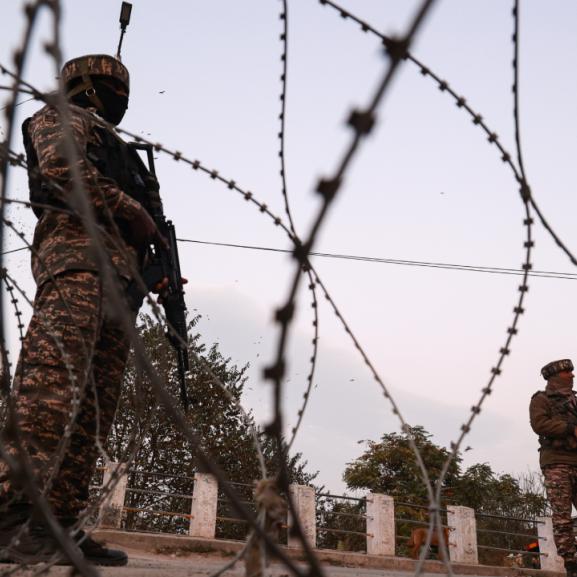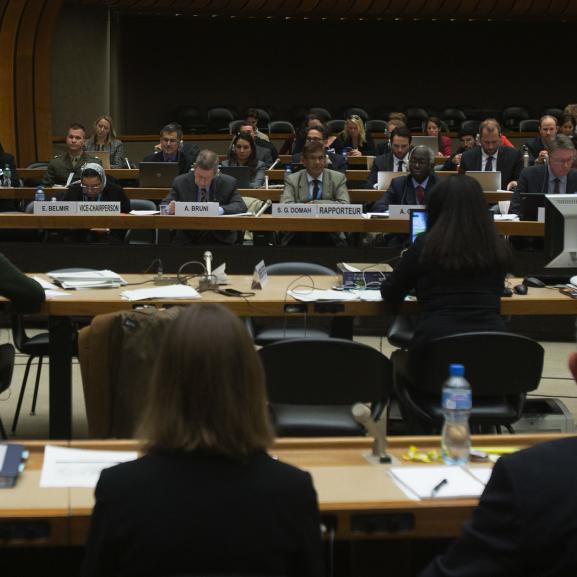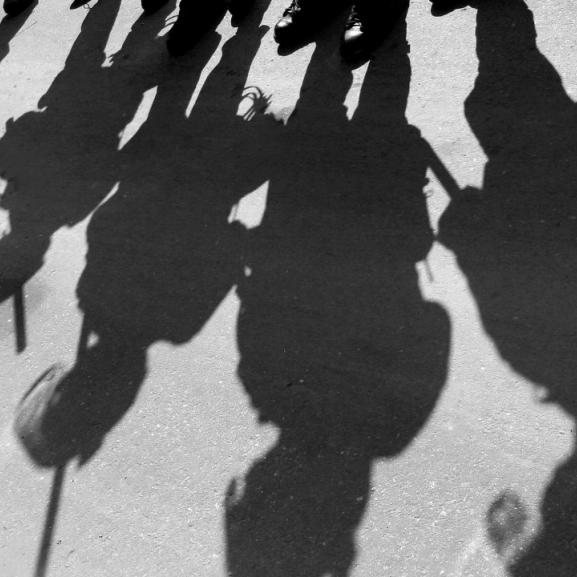Findings of CIA torture report must not be buried
Freedom from Torture's consultant psychiatrist William Hopkins shares his thoughts on the US Senate Intelligence Committee report into the use of torture by the CIA.
An End to Torture
Twelve Nobel Peace Prize laureates have written to President Barack Obama asking the US to close the dark chapter on torture once and for all. Please add your voice in support of their message. It will be forwarded to the President. And please share widely.
The hotly disputed US Senate Intelligence Committee report looks likely to conclude that waterboarding and other harsh interrogation techniques yielded no key evidence in the hunt for Osama bin Laden.
This comes as no surprise at all to those of us working in the field of torture rehabilitation.
The justification of the 'waterboarding' of terror suspects by the CIA, a torture practice neatly branded by the Bush administration as an 'enhanced interrogation technique' in an effort to side-step the thorny issue of legality, has rested on the claim that evidence obtained through the practice led to the al-Qaida leader's compound almost three years ago.
The 6000 page report looks set to refute that emphatically and its conclusions should form the basis for some serious soul-searching among the highest ranks of the US intelligence agencies.
I can attest from years of clinical practice, seeing clients who have been subjected to 'waterboarding' or other forms of partial-asphyxiation, that it is indeed torture. We also know only too well from our clients' testimony that torture does not result in reliable information – victims will say anything to make the torture stop.
I can attest from years of clinical practice, seeing clients who have been subjected to 'waterboarding' or other forms of partial-asphyxiation, that it is indeed torture. We also know only too well from our clients' testimony that torture does not result in reliable information – victims will say anything to make the torture stop.
Where is the logic in the CIA claim that waterboarding is so successful in obtaining information from detainees that they had to waterboard Khalid Sheikh Mohammed 183 times?
Victims have described to me the horror of being strapped down, with their mouth gagged by a cloth, while gallons of water are poured over their face. Their fear of drowning induces panic and the human reflexes struggle against an inability to breathe. This sense of panic can stay with victims for a lifetime, the ordeal relived with inescapable intensity, prompting flashbacks and anxiety about a total loss of control and imminent death.
'Waterboarding', like every other method of torture used by governments, dehumanises the individual and cripples their emotional and physical capacities.
At Freedom from Torture, we work with survivors who have been subjected to similar treatment over a sustained period and developed serious psychological problems. The effects of torture can take years to treat; some of the damage is irreparable.
The declassification of parts of this report is an important first step towards public accounting of torture in the United States, but there must be follow-up.
US legal history has consistently held that waterboarding constitutes torture and therefore violates US statutory prohibitions. Indeed, after World War II American judges participated in international military tribunals that not only condemned the use of water torture against its service men by the Japanese, but severely punished as criminals those who applied it.
The findings of the Senate Intelligence Committee must be taken very seriously by the current US administration in acting upon its obligation to investigate and launch criminal prosecutions against those responsible for torture.
Unless there is a clear and public admission of wrongdoing, as has so often happened in the past, history will repeat itself.






